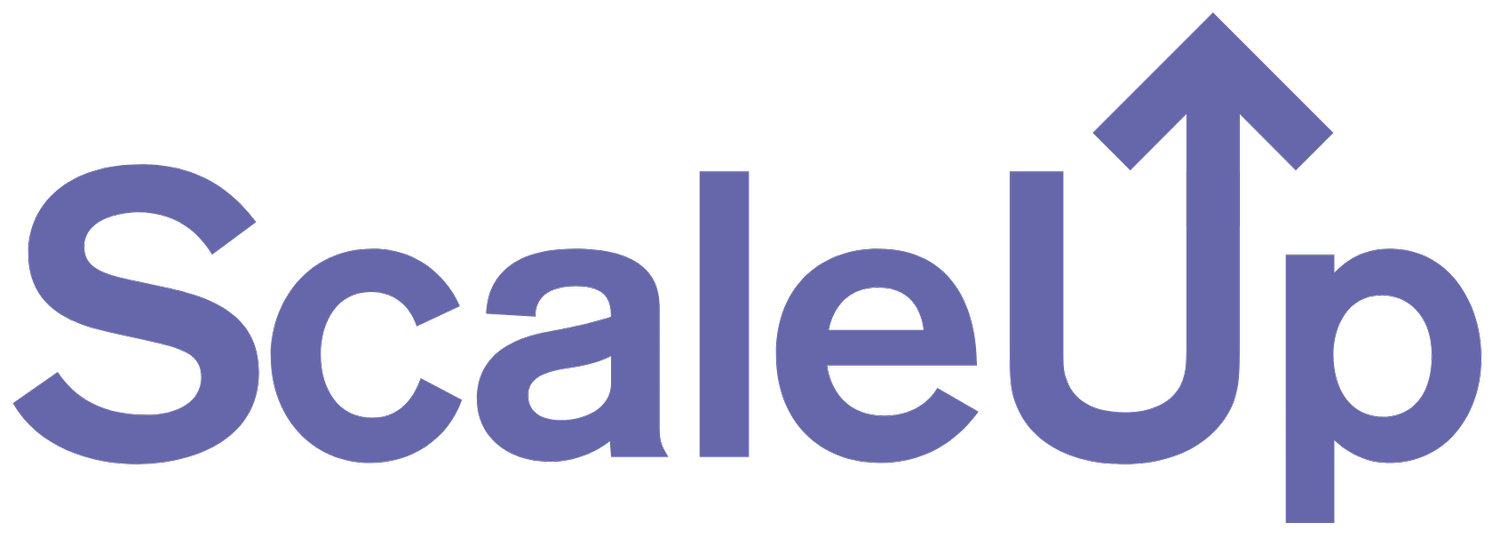Financial Software Feature Comparison for Small Businesses in 2025
Choosing financial software can feel overwhelming, especially with so many tools claiming to do it all. From invoicing apps to full-suite accounting platforms, each option is built to solve different problems.
This guide explains what different types of financial tools actually do, who they’re best suited for, and which options are leading the way in 2025. Whether you're preparing your startup to scale or looking to streamline operations as a small business, this overview will help you find the right financial tools to support your next stage of growth.
Bookkeeping & Accounting Software
What it is: Tools that help you record, categorize, and reconcile financial transactions. Often includes features like invoicing, expense tracking, and basic reporting.
Best for: Small businesses that need to manage their own books or share data with an accountant.
Top Tools:
Xero – Great for global teams and multi-currency support
FreshBooks – Easy to use, ideal for freelancers
QuickBooks Online – Robust features for growing businesses
Zoho Books – Scalable option with strong automation
Invoicing & Payment Tools for Growing Small Businesses
What it is: Software focused on sending invoices, collecting payments, and managing cash flow. Some tools include basic time tracking or CRM features.
Best for: Freelancers, service providers, and small teams who want simple, fast billing tools.
Top Tools:
HoneyBook – Invoicing, contracts, and client communication in one
FreshBooks – Clean interface with time tracking and payments
Bonsai – Contracts, proposals, and invoicing built for creatives
Tax Tools for Small Business Compliance
What it is: Software that helps calculate, track, and file business taxes. Some offer quarterly estimates, 1099 creation, or integrations with CPAs.
Best for: Business owners who want help staying compliant with IRS requirements and avoiding tax-time surprises.
Top Tools:
Bonsai – Freelance-focused tax tracking and 1099 prep
QuickBooks – Includes sales tax automation and tax filing options
Bench – Monthly bookkeeping with optional tax filing add-ons
CRM + Financial Workflow Tools
What it is: Platforms that combine light CRM features with payment collection, proposals, and project tracking.
Best for: Client-based businesses like consultants, creatives, and agencies.
Top Tools:
HoneyBook – Full client flow from lead to payment
Bonsai – Combines CRM, contracts, time tracking, and taxes
Automated Bookkeeping Services for Startups
What it is: A monthly or annual service that handles your bookkeeping for you, often including tax prep and reporting.
Best for: Businesses that don’t want to manage their own books and prefer expert support.
Top Tools:
Bench – Dedicated bookkeeping team + real-time dashboard
When choosing financial software, focus on the tasks you need to simplify, like invoicing, tax prep, or project billing, then compare tools that are designed to handle those jobs efficiently.
Need a breakdown of pricing across these tools? See our 2025 Financial Software Fee Comparison.
ScaleUp Tip
When comparing financial software categories, look at how responsibilities in your business are likely to shift. Tools that support role-based access, automated workflows, and modular add-ons will adapt more easily as your team structure evolves.

